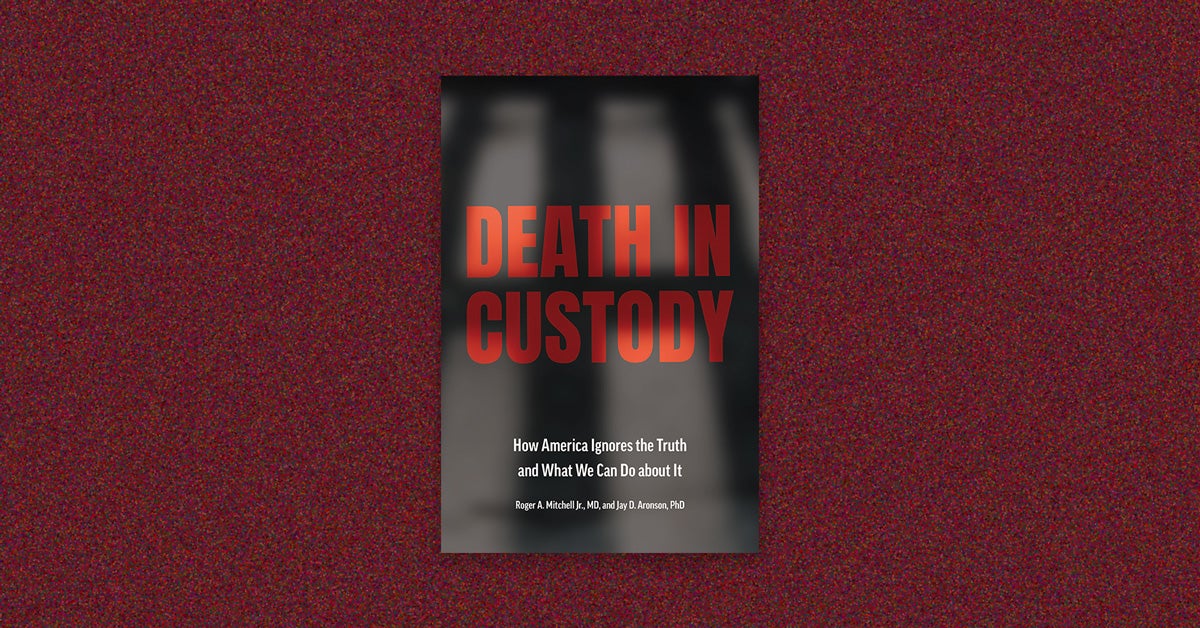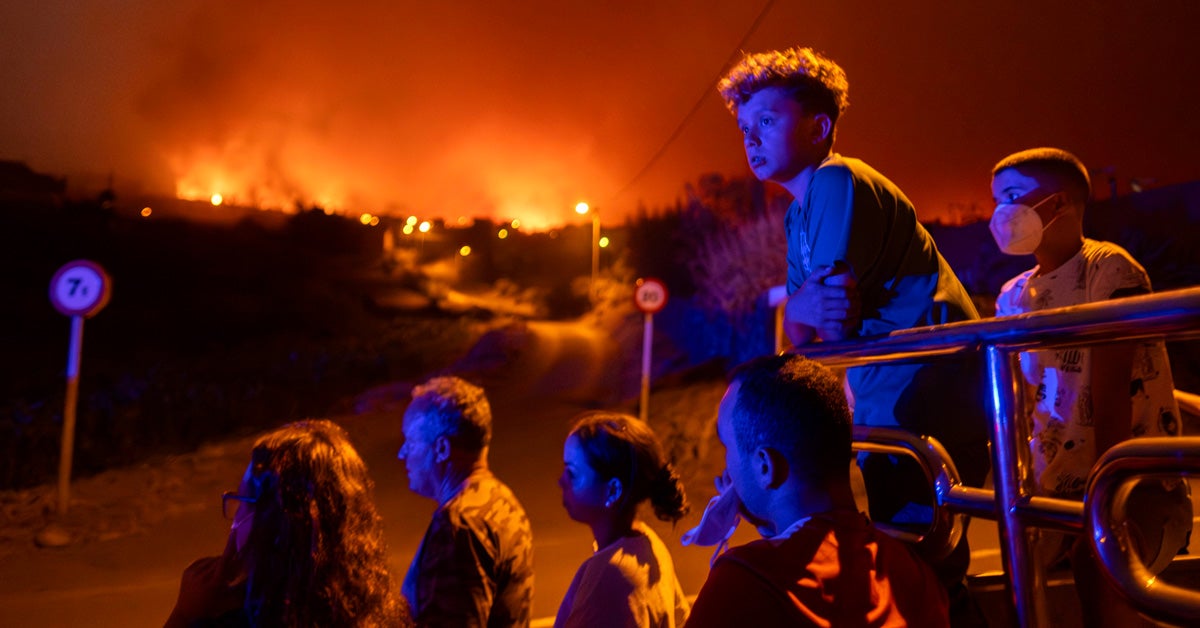Newsletter
HPH Weekly: The U.S. public health data system is weak. Here’s how we fix it.
This edition of Harvard Public Health Weekly was sent to our subscribers on Jan. 18, 2024. If you don’t already receive the newsletter, subscribe here. To see more past newsletters, visit our archives.
The U.S. public health data system is weak. Here’s how we fix it.

The COVID-19 pandemic exposed many weaknesses in the U.S. health system. Perhaps the most glaring was our inability to effectively collect, share, and use data to save lives. Michelle A. Williams and Gabriel Seidman lay out a path forward. It won’t be cheap, they acknowledge, but the life-saving benefits will be well worth it.
Review: Death in Custody by Roger A. Mitchell and Jay D. Aronson

In their new book Death in Custody, Jay D. Aronson and Roger A. Mitchell Jr. argue that a more rigorous and transparent process of collecting data about how people die while in custody is critical to fighting racial injustice. Public health as a field has thrown its weight behind tracking health inequities for pretty much every group except people who are confined. Aronson and Mitchell want to change that. “Death in Custody … highlights that injustice extends into how we record, remember, and tell the story of the deceased,” writes our reviewer, C. Brandon Ogbunu. He thinks the book may inspire a new field: death equity studies.
Climate change’s hidden mental toll on children

The climate crisis affects nearly every aspect of human life—including, as Burcin Ikiz reports for Think Global Health, the long-term neurological and mental well-being of children. As kids are exposed to extreme weather events, air pollution, and other side effects of climate change, their still-developing brains may suffer lifelong damage.
This article was originally published in Think Global Health.
What we’re reading this week
- States are limiting gender-affirming care for adults, too | Axios
- How Black churches could lead the way on teen mental health | Vox
- Georgia expanding innovative refugee mental health program | The Atlanta Journal-Constitution
- How BPA and its evil cousins dodge meaningful regulation | Environmental Health News
- Your body already has a built-in weight loss system that works like Wegovy | The Conversation
- Related: Processed foods are making us sick | Harvard Public Health
Sign up for Harvard Public Health
Delivered to your inbox weekly.
